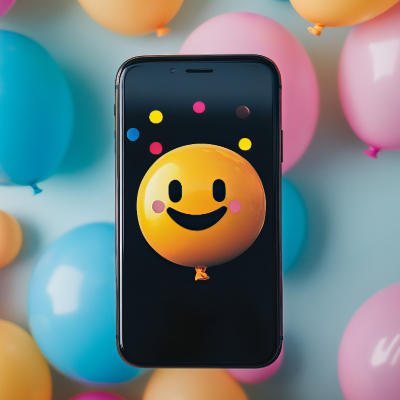This time of year is rife with traditions, from the foods we eat to the rituals we follow… even the songs we sing. We wanted to share a little reworking of a classic carol that exemplifies our commitment to the businesses we work with in the spirit of the season.
For anyone who has seen the movie Moneyball, remember Billy Beane and the Oakland A’s? In the early 2000s, Beane revolutionized baseball with “Moneyball,” a radical approach to team building. Faced with a shoestring budget, he eschewed traditional scouting metrics and instead used sabermetrics—advanced statistical analysis—to identify undervalued players. The result? A small-market team consistently outperforming richer rivals, proving that data, not just dollars, could buy success. Fast forward to today, and the principles of Moneyball are more relevant than ever for modern businesses. In an increasingly competitive landscape, every company, regardless of size or industry, can leverage data to make smarter decisions, optimize resources, and ultimately, build a better business for less.
As is the case with most things, the past few years have seen significant changes in entertainment, thanks to the development of technology. We have literally gone from using extremely sensitive and delicate film to capture footage, manually trimming it on flatbed editors in dark rooms, to capturing, storing, editing, and displaying it digitally. Let’s explore how the nature of entertainment has shifted as technology has developed over time.
There are a lot of emojis out there, but sometimes you might find yourself in a situation where just one isn’t going to fulfill your needs. Google has created a Gboard mobile keyboard feature called Emoji Kitchen, allowing users to mix and match emojis in fun new ways. You can create new emojis by blending two together.
After the tragic events of September 11, 2001, terrorism became a topic everyone heard about daily. The “War on Terror” lasted over a decade, toppling governments and sending a clear message that terrorists would be hunted down relentlessly. While major terrorist attacks have happened since then, the battleground has shifted. Today, one of the biggest threats comes from cyberspace. Let’s take a closer look at the rise of cyberterrorism.
Water cooling is a common method of keeping computing hardware at reasonable temperatures, particularly for gaming PCs, data centers, and similar high-demand applications. What if, however, a business used a similar method to keep their entire building climate-controlled? Microsoft intends to do so in some new data centers, as many residences have begun implementing a version of this system.
For many, the New Year is a time of renewal and fresh starts, allowing us to turn the page and begin our next lap around the sun on the right foot. That said, the holiday is also steeped in traditions—for instance, the Times Square celebration, where a massive ball is slowly dropped to signify the countdown until the calendar officially shifts from one year to the next. This tradition has a fascinating history, based mainly on the technology of the times.
Want to be a business without hearing how artificial intelligence is changing the industry? Good luck; it’s a big deal that this technology has flourished in recent years, and businesses have found all kinds of ways to implement it. While AI has significant capacity for growth and to be an excellent tool to help human society, a lack of AI regulation has led some to believe that it’s only a matter of time before something bad happens that ruins a good thing for everyone.
If you’re a regular reader of this blog, you’ve probably come across articles on blockchain before. This week, we’re shifting gears to explore a new topic: should cryptocurrency, which is enabled by blockchain technology, be subject to taxation by state, federal, and international authorities? Let’s dive into what blockchain is, how it supports cryptocurrency, and the ongoing debate about potential taxation.
Subscriptions are nothing new in the business world, but they can be tough to track and, more importantly, cancel. Now, a new ruling from the Federal Trade Commission makes it easier than ever to cancel a subscription. Today, we want to discuss how this impacts you, your business, and your users.










